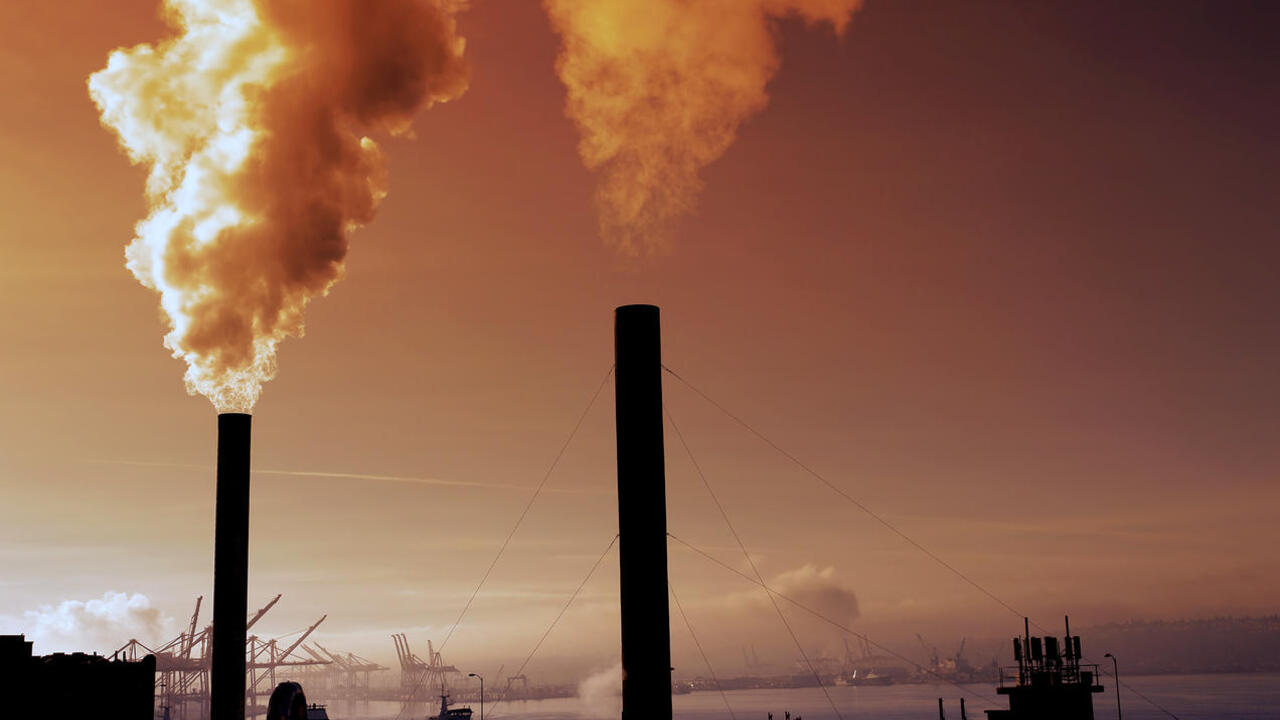We all know that air pollution is one of the most serious problems facing humanity today. But how bad is it really? This question has been answered in a new scientific study.
According to a recent study published Monday in Lancet Planetary Health, about 99.82% of the entire world’s air currently contains high levels of particulate matter 2.5 (PM2.5). These tiny particles are known to lead to the development of heart disease and lung cancer. It turns out that only 0.001% of the world’s population breathes clean air.
The highest annual concentrations of harmful PM2.5 particles were in East Asia: 50 micrograms per cubic metre. This is followed by regions such as South Asia (37 micrograms) and North Africa (30 micrograms). The lowest concentration of these particles was in Australia, New Zealand, among other parts of South America and Oceania.
Source: Ferra
I am a professional journalist and content creator with extensive experience writing for news websites. I currently work as an author at Gadget Onus, where I specialize in covering hot news topics. My written pieces have been published on some of the biggest media outlets around the world, including The Guardian and BBC News.










